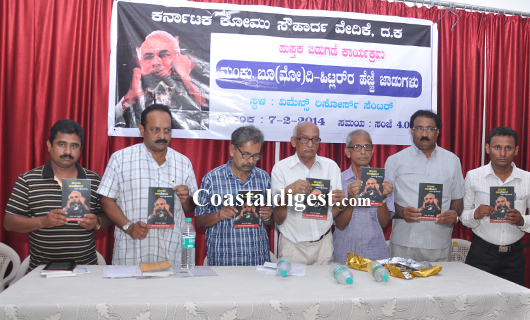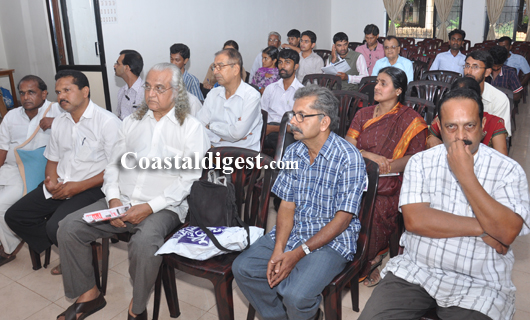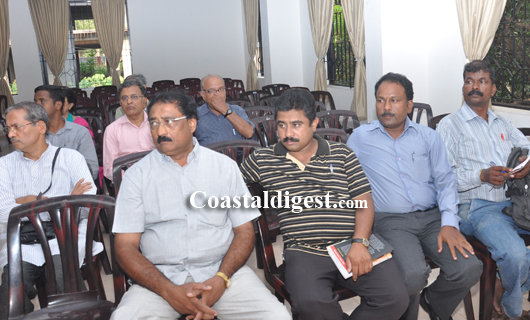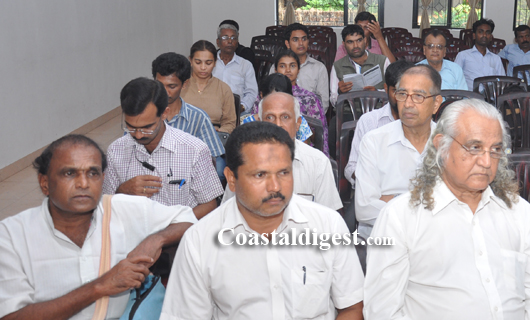Mangaluru: Pilikula Biological Park has welcomed several exotic species, including a six-year-old Asiatic lion, a wolf, two gharial crocodiles, and four rare birds (two silver pheasants and two yellow-golden pheasants), as part of an animal exchange programme with Nandankanan Zoological Park, Odisha. The exchange was approved by the Central Zoo Authority, marking a major addition to Pilikula Zoo's growing collection.
Animal Exchange Details
Park Director H Jayaprakash Bhandary provided insights into the exchange programme. In return for the new arrivals, Pilikula Zoo will send four dholes (wild dogs), four rare reticulated pythons, two Brahminy kites, three Asian palm civets, and two large egrets to Nandankanan Zoo. Notably, all animals sent from Pilikula were born in the zoo, showcasing the zoo's success in breeding rare species.
Purpose of the Exchange
The animal exchange programme serves multiple purposes, including providing companions for solitary animals and preserving pure bloodlines. Pilikula Zoo already houses three lions, and the new male Asiatic lion was introduced as a companion. Since the number of Asiatic male lions in Indian zoos is relatively low, the zoo sourced this lion from the distant Nandankanan Zoological Park.
Care During Transport
To ensure the animals' safety and well-being during the 2,000-kilometre journey — the longest distance covered in Pilikula’s animal exchange history — two veterinary officers and eight caretakers from Nandankanan accompanied the animals. Both zoos will share equal responsibility for the care of the exchanged animals.
Future Animal Additions and Revenue Boost
Pilikula Biological Park, home to approximately 1,200 animals, birds, and reptiles, is one of India’s 18 large zoos. Discussions are ongoing for future exchanges with other prominent zoos, including Chhatbir Zoo in Punjab, Byculla Zoo in Mumbai, and the Madras Crocodile Bank. The zoo also plans to introduce rare species like the Anaconda and the Humboldt penguin, for which special enclosures will be built, thanks to donor contributions.
The addition of these rare animals and birds is expected to boost the zoo’s revenue, helping it become self-sustaining, Bhandary said.
Quarantine and Public Display
Before being introduced to the public, the new arrivals will spend around 15 days in a quarantine ward to adapt to the local environment. They will receive necessary vaccinations and treatments during this period, after which they will be displayed to visitors.
Record-breaking Exchange
This animal exchange marks a significant achievement for Pilikula Zoo, with the animals being transported over approximately 2,000 kilometres from Nandankanan Zoological Park. This sets a new record, surpassing the previous longest exchange with Udaipur Zoo in Rajasthan, which was around 1,700 kilometres.











Comments
Add new comment